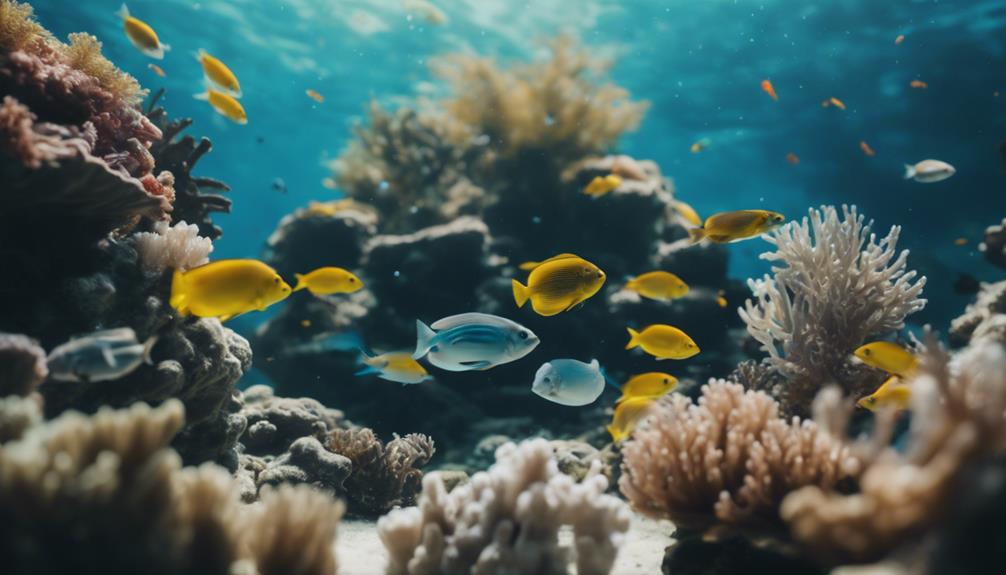Fishing is a beloved pastime for many, offering a peaceful escape into nature and the thrill of catching a prized fish. However, before you cast your line, one question often arises: do I need a fishing licence? This guide aims to clarify the requirements surrounding fishing licences, ensuring that you can enjoy your fishing experience without running afoul of regulations.
Understanding Fishing Licences and Their Importance
Fishing licences are legal documents that grant individuals permission to fish in specific areas, whether it’s freshwater or saltwater. The primary purpose of these licences is to regulate and conserve fish populations, ensuring sustainable fishing practices. By requiring a fishing licence, wildlife authorities can monitor fishing activities, protect various species from overfishing, and maintain the ecological balance of water bodies. So, before you head out, it’s crucial to understand if you need a fishing licence and what regulations apply to your fishing trip.
Who Needs a Fishing Licence?
The requirement for a fishing licence varies depending on several factors, including the location, age of the angler, and the type of fishing being pursued. In most regions, anyone aged 16 and older is required to possess a valid fishing licence. However, there are exceptions; some states offer free or discounted licences for seniors, disabled individuals, or veterans. Additionally, during designated free fishing days, many states allow fishing without a licence, encouraging newcomers to try their hand at this enjoyable activity. Therefore, be sure to check your local regulations regarding who needs a fishing licence before heading out.
Types of Fishing Licences Available
When it comes to fishing licences, there are typically several types available to anglers. The most common include freshwater and saltwater licences, each designed for different fishing environments. Freshwater licences allow you to fish in lakes, rivers, and streams, while saltwater licences are necessary for ocean fishing. Additionally, many states offer specialty licences for specific activities, such as fly fishing or ice fishing. It’s essential to choose the right type of fishing licence based on your intended fishing location and method to avoid any legal issues.
How to Obtain a Fishing Licence
Obtaining a fishing licence is usually a straightforward process. Most states and countries offer multiple ways to apply, including online applications, in-person purchases at designated locations, and even through certain retail outlets. The application process typically requires you to provide personal information, such as your name, address, and sometimes your social security number. You will also need to pay a fee, which can vary based on the type and duration of the licence. For those new to fishing, many state wildlife agencies provide resources to help you understand the process, ensuring you can easily obtain your fishing licence.
What Happens If You Fish Without a Licence?
Fishing without a licence can lead to serious consequences. Penalties vary by state but can include hefty fines, confiscation of fishing gear, and even criminal charges in extreme cases. Wildlife officers actively patrol popular fishing areas, and they are empowered to check for licences. If you’re caught fishing without a valid licence, you may not only face financial penalties but also a tarnished reputation as an angler. Therefore, it’s crucial to ensure you are properly licensed before you cast your line.
Are There Exceptions to the Licence Requirement?
While most anglers are required to possess a fishing licence, there are certain exceptions to this rule. Many states allow youth under a certain age (often 16) to fish without a licence, provided they are accompanied by a licensed adult. Additionally, some regions designate specific days as “free fishing days,” where anyone can fish without a licence to promote the sport. It’s essential to familiarize yourself with your local regulations to understand any exemptions that may apply to you, allowing you to enjoy fishing without the worry of needing a licence.
The Benefits of Having a Fishing Licence
Having a fishing licence not only keeps you legal but also supports conservation efforts and local fish populations. The fees collected from fishing licences are often allocated to fisheries management, habitat restoration, and educational programs. By purchasing a fishing licence, you contribute to the sustainability of the environment and the sport you love. Moreover, being licensed often opens up access to exclusive fishing areas and events, enhancing your overall fishing experience.
Conclusion: The Importance of Compliance in Fishing Activities
In conclusion, understanding whether you need a fishing licence is vital for anyone looking to enjoy this rewarding activity. The requirement for a licence varies based on location, age, and type of fishing, so it’s essential to stay informed about local regulations. By obtaining your fishing licence, you not only comply with the law but also contribute to the preservation of aquatic ecosystems. So, before your next fishing adventure, take a moment to check the rules, get your licence, and enjoy the tranquility and excitement that fishing brings. Remember, responsible fishing starts with being informed!
